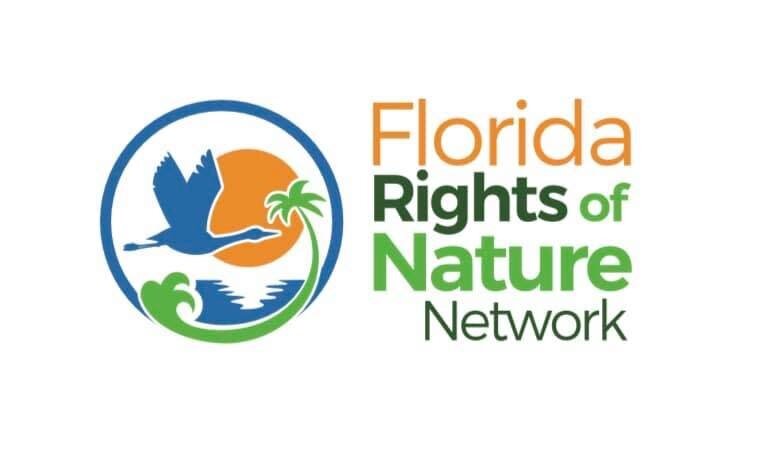“Clean Waterways Act” Attempts to Preempt Local Governments from Recognizing the Rights of Waterways
Center for Democratic and Environmental Rights & Florida Rights of Nature Network:
Statement on Signing of Florida S.B. 712
Contact
Thomas Linzey, Esq., Senior Legal Counsel
Center for Democratic and Environmental Rights
tal@pa.net
717-729-2271
Chuck O’Neal
Florida Rights of Nature Network
chuckforflorida@gmail.com
407-399-3228
Orange County, FL: It was business as usual today, with Florida Governor Ron DeSantis elevating the interests of polluters over protections for the people and waterways of his state.
Today, DeSantis signed the mis-named “Clean Waterways Act.” Environmental organizations across Florida agree the new law will do little to stop the water pollution crisis in the state, while at the same time handcuffing local communities that seek to raise water quality standards.
In frustration over the state’s lack of leadership in cleaning up waterways, residents and community leaders in over a dozen Florida counties have begun to take steps to adopt their own water quality standards.
In Orange County, the County’s Charter Review Commission recently voted to place new standards on the November ballot. Other counties and cities are now moving forward to do the same – to adopt heightened environmental protections for their bays, rivers, and other waterways.
These communities are following in the footsteps of over three dozen communities across the United States and countries around the world which have adopted laws that recognize legally enforceable rights of waterways and nature. “Rights of nature” laws secure rights of ecosystems to exist, thrive, and to be restored. Importantly, they provide community members the ability to enforce rights on behalf of nature to protect against polluting industries.
The growing grassroots movement to protect and restore Florida’s waterways is opposed by the state’s largest industrial polluters.
In an attempt to stop community efforts, industries successfully had the legislature add a “rider” to the Clean Waterways Act. The rider proclaims that “a local government. . . may not recognize or grant any legal rights to. . . a body of water, or any other part of the natural environment.” (Line 2370 of S.B. 712 et seq.)
Thomas Linzey, senior legal counsel for the Center for Democratic and Environmental Rights, called the actions of the legislature “unconstitutional.” Linzey declared, “The Florida Constitution guarantees the constitutional right of Floridians to local self-government. When the legislature acts, as it has over a dozen times in recent years, to set a ceiling, rather than a floor, of environmental standards, it violates the right of Floridians to adopt heightened environmental standards to protect their communities.”
Linzey added, “This power-grab by the legislature must end. If it doesn’t, Floridians will be sidelined by a legislature that merely carries out the will of polluters, not the people.”
The Florida Rights of Nature Network (FRONN), a statewide coalition consisting of communities advancing new rights-based water quality laws, has vowed to file suit against the new law.
FRONN director, Chuck O’Neal, stated, “The communities working toward recognition of the rights of Florida’s waterways will not stand idly by as the state, in partnership with polluting industries, runs roughshod over our right to home rule and local self-government. The unconstitutional actions of the state legislature in attempting to override local environmental protections will not stand. Floridians will look back to this point in time as a turning point in the protection of our local democracy.”
The Center for Democratic and Environmental Rights works with civil society, indigenous peoples, and governments to advance the Rights of Nature around the world, including with tribal nations, the Philippines, Australia, Ecuador, Nepal, India, Sweden, Canada, the United States, and other countries.
###



